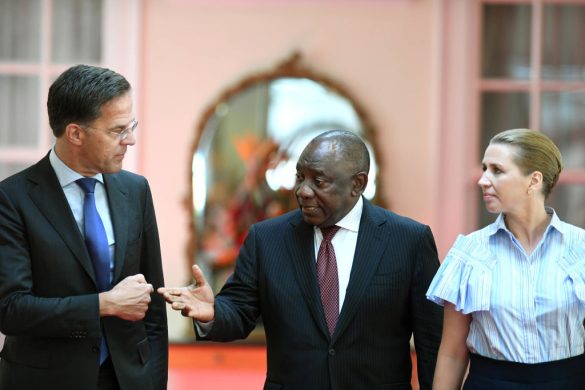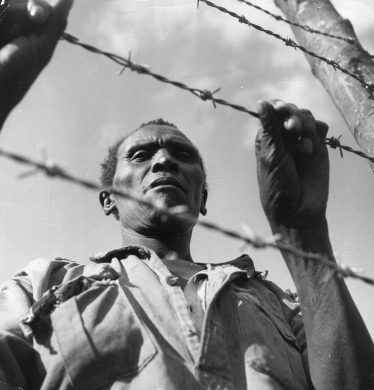Urfolket i Centralafrikas regnskove, pygmæerne, står stort set uden for de forskellige landes sundhedsvæsen, særlig galt er det i tidl. Fransk Congo, viser nyt studie, og det ændrer sig næppe foreløbig, da pygmæerne ikke har meget at skulle have sagt.
BRAZZAVILLE, 1 March 2013 (IRIN): Pygmi women in the Republic of Congo – belonging to a minority group threatened with extinction – are virtually excluded from reproductive health services.
They mostly give birth at home and are exposed to related health risks, according to a 2012 study conducted by the Ministry of Health with support from the UN Population Fund (UNFPA).
The study, “Determinants of the Use of Reproductive Health Services by Indigenous Peoples” (oprindelige /indfødte folkeslag), was conducted in four regions of Congo – Likouala, Sangha, Plateaux and Lekoumou – where most of the 43.500 indigenous people live.
In terms of reproductive health, “the numbers are not encouraging” for indigenous women, UNFPA repre-sentative David Lawson told IRIN.
“While 94 percent of the general population gets antenatal (førfødsels) care, only 37 percent of pregnant Pygmi women receive such services; and while 93 percent of Congolese women usually give birth in a health centre, only four percent of indigenous women do so,” said Lawson, citing the study.
“The risks are enormous for indigenous women because they do not receive emergency care at birth,” he added.
According to the same study, at least 45 percent of Congolese women use contraceptive methods, while only 25 percent of indigenous people do so, “because of a lack of access to family planning”.
Also, 50 percent of indigenous people said they were not getting any information on HIV/AIDS (the Central african country has an HIV prevalence rate of 3,2 percent), while studies show that 99 percent of Congolese are getting information on the epidemic and prevention methods.
Why the gap?
Læs videre på
http://www.IRINnews.org/Report/97574/In-Congo-few-pygmy-women-have-access-to-reproductive-health-services














